Supporting a Partner in Recovery in Ohio
When a loved one begins the journey of recovery from substance abuse, it can be a challenging time for both individuals in the relationship. Supporting your partner during their recovery process requires understanding, patience, and dedication. In Ohio, with a growing number of recovery centers and resources available, partners can find guidance on how to provide meaningful support. In this comprehensive guide by Couples Rehabs in Ohio, we will explore practical advice for partners, focusing on what you can do to assist your loved one’s recovery journey and foster a healthy, supportive relationship.
Understanding Addiction and Recovery: A Partner’s Perspective
Before diving into how you can support your partner in recovery, it’s essential to understand the nature of addiction and recovery. Addiction is a complex disease that affects both the brain and behavior, often leading to compulsive drug or alcohol use despite harmful consequences. Recovery, on the other hand, is a lifelong process that involves overcoming physical dependence and addressing the emotional and psychological aspects of addiction.
Couples Rehabs in Ohio emphasizes the importance of education for partners, as understanding the science of addiction can provide a solid foundation for offering support. In Ohio, numerous educational resources, including counseling and workshops, are available for partners who want to learn more about addiction and recovery.
The Stages of Recovery
Recovery is not a one-size-fits-all process, and it can vary based on the individual’s unique circumstances. Typically, the recovery journey can be broken down into several stages:
- Detoxification: The first step, often medically supervised, focuses on ridding the body of harmful substances.
- Rehabilitation: This stage addresses the psychological and behavioral aspects of addiction, often through therapy and counseling.
- Aftercare and Ongoing Support: Long-term support, including continued therapy and support groups, helps prevent relapse and maintain sobriety.
As a partner, understanding these stages will help you know what to expect and how best to support your loved one through each phase of their recovery journey in Ohio.
How to Provide Emotional Support for a Partner in Recovery
Emotional support is one of the most critical elements in helping your partner through their recovery. Addiction can lead to feelings of isolation, shame, and guilt, and your role as a supportive partner is to offer compassion and understanding during this challenging time.
1. Open and Honest Communication
Clear and open communication is the cornerstone of any healthy relationship, but it becomes even more important during recovery. Encourage your partner to share their thoughts, feelings, and concerns with you. It’s essential to listen without judgment, allowing them to express themselves fully.
In Ohio, many recovery centers, including Couples Rehabs in Ohio, offer couples counseling as part of their treatment plans. These sessions provide a safe space for partners to work on improving communication and resolving conflicts.
2. Practice Empathy and Compassion
Empathy involves understanding your partner’s feelings and offering support without trying to “fix” their problems. Recovery is a difficult journey filled with highs and lows, and your partner may experience emotional distress along the way. By practicing empathy, you can validate their feelings and let them know they are not alone.
Compassionate actions, such as offering a listening ear or simply being present during difficult moments, can make a significant difference in your partner’s recovery.
3. Encourage Participation in Recovery Programs
Encouraging your partner to engage in recovery programs, such as support groups, counseling, and aftercare, is essential. In Ohio, many options are available, including 12-step programs like Alcoholics Anonymous (AA) and Narcotics Anonymous (NA), as well as alternative therapies like holistic and faith-based recovery groups.
Couples Rehabs in Ohio often integrates family and couple therapy into their recovery programs, helping partners navigate the challenges of recovery together.
Setting Healthy Boundaries for Both Partners
Supporting a partner in recovery doesn’t mean sacrificing your own well-being. It’s essential to set healthy boundaries to protect your emotional health and maintain balance in the relationship. Boundaries are crucial for preventing codependency and ensuring that both partners take responsibility for their actions and well-being.
1. Recognize Codependent Behaviors
Codependency often occurs in relationships where one partner’s behavior revolves around managing the other’s addiction. While it may seem like you’re helping your partner, codependent behaviors can actually hinder their recovery by preventing them from taking responsibility for their actions.
Examples of codependent behaviors include:
- Constantly monitoring your partner’s sobriety.
- Making excuses for their behavior.
- Sacrificing your own needs to prioritize their recovery.
In Ohio, there are support groups such as Al-Anon, specifically designed for individuals affected by a loved one’s addiction. These groups provide education and tools to recognize and address codependent behaviors.
2. Prioritize Self-Care
Your emotional well-being is just as important as your partner’s. Make sure to carve out time for self-care activities that help you recharge and maintain your mental health. Whether it’s spending time with friends, engaging in hobbies, or seeking individual therapy, prioritizing self-care will ensure that you can continue to support your partner without burning out.
Couples Rehabs in Ohio encourages partners to seek individual therapy or support groups if they’re struggling to cope with the challenges of their partner’s recovery. Mental health professionals can help you develop strategies to support your partner while maintaining your own emotional health.
3. Establish Clear Expectations and Boundaries
Having clear expectations for what behaviors are acceptable within the relationship can prevent misunderstandings and build a stronger foundation. Discuss boundaries around triggers, relapse prevention, and how you both plan to navigate challenges.
It’s important that your partner understands that recovery is their responsibility, and while you’re there to support them, you cannot do the work for them. Setting these boundaries will create a healthy dynamic that supports long-term recovery.

Supporting Your Partner Through Relapses
Relapses are a common part of the recovery process. While it can be discouraging, it’s essential to approach a relapse with compassion rather than anger or disappointment. Your reaction can significantly impact your partner’s motivation to get back on track.
1. Don’t Take It Personally
It’s important to remember that relapses are part of the disease of addiction and not a reflection of your partner’s commitment to the relationship. Reacting with anger or frustration can create shame and drive a wedge between you and your partner, making recovery more difficult.
2. Encourage Re-engagement in Treatment
If your partner experiences a relapse, encourage them to re-engage with their treatment program immediately. Many recovery centers in Ohio, including Couples Rehabs in Ohio, offer relapse prevention programs and aftercare services to help individuals regain control after a setback.
3. Practice Patience
Recovery is a lifelong process, and setbacks are inevitable. Practicing patience will help you maintain a supportive presence in your partner’s life, encouraging them to continue on their journey despite challenges.
Practical Tips for Supporting a Partner in Recovery
In addition to emotional support and setting boundaries, there are several practical ways you can assist your partner during their recovery in Ohio.
1. Help Build a Sober Environment
Creating a sober-friendly environment is key to helping your partner avoid triggers and maintain their sobriety. Remove any alcohol, drugs, or other substances from your home and encourage sober activities like hiking, cooking, or visiting museums.
Ohio offers many sober-friendly activities, from exploring nature trails to visiting cultural landmarks. Spending quality time together in a positive environment will reinforce your partner’s commitment to sobriety.
2. Attend Support Groups Together
Attending support groups or counseling sessions together can strengthen your relationship and provide additional guidance for navigating recovery as a couple. Many Ohio-based recovery centers offer specialized couple therapy programs that focus on relationship dynamics during recovery.
Couples Rehabs in Ohio provides access to resources for couples who want to attend therapy and support groups together, fostering better communication and a stronger bond during recovery.
3. Celebrate Milestones Together
Recovery is a long process filled with small victories. Celebrating milestones like 30, 60, or 90 days of sobriety can boost your partner’s morale and give them something to look forward to. These celebrations can be simple, such as a special dinner or a day trip to one of Ohio’s beautiful parks.
Recognizing these achievements reinforces the positive progress your partner is making and shows that their hard work is valued and appreciated.
Frequently Asked Questions (FAQ)
What is the best way to support a partner in recovery?
The best way to support a partner in recovery is to practice open and honest communication, show empathy and compassion, encourage participation in recovery programs, and establish healthy boundaries.
How can I help my partner during a relapse?
If your partner experiences a relapse, approach the situation with understanding rather than anger. Encourage them to re-engage in their treatment plan and practice patience as they navigate this setback.
Are there support groups available for partners of individuals in recovery?
Yes, there are support groups available, such as Al-Anon, which is specifically designed for individuals affected by a loved one’s addiction. These groups provide education and tools for coping with the challenges of supporting a partner in recovery.
What resources are available in Ohio for couples in recovery?
Ohio offers numerous resources for couples in recovery, including couples therapy, support groups, and rehabilitation programs that focus on both individual and joint recovery needs. Couples Rehabs in Ohio provides access to various recovery services tailored for couples.
How can we create a sober-friendly environment at home?
To create a sober-friendly environment, remove any substances from your home, encourage healthy activities, and promote an atmosphere that supports sobriety. Engaging in positive, sober activities together can help reinforce recovery.
What should I do if my partner doesn’t want to seek help?
If your partner is resistant to seeking help, gently express your concerns and the importance of their well-being. Provide information about recovery resources and let them know you are there to support them when they are ready.
How can I practice self-care while supporting my partner?
Prioritize your own emotional health by engaging in self-care activities such as spending time with friends, pursuing hobbies, or seeking individual therapy. Taking care of yourself allows you to provide better support to your partner.
What are some sober activities we can do together in Ohio?
Ohio offers various sober activities, such as hiking in state parks, visiting museums, attending local events, or participating in community classes. Engaging in these activities can help strengthen your bond and promote a healthy lifestyle.
Conclusion: Supporting a Partner in Recovery in Ohio
Supporting a partner through addiction recovery is no small feat, but with understanding, compassion, and the right strategies, you can help your loved one successfully navigate this challenging journey. Whether through open communication, setting healthy boundaries, or participating in counseling and support groups, your support plays a crucial role in your partner’s long-term recovery.
At Couples Rehabs in Ohio, we understand the unique challenges that couples face during recovery. Our programs are designed to support both partners in a relationship, helping them rebuild trust, communication, and a strong foundation for a sober future. If you or your partner are looking for guidance and support on this journey, reach out to us today to learn more about our comprehensive couple-focused recovery programs.

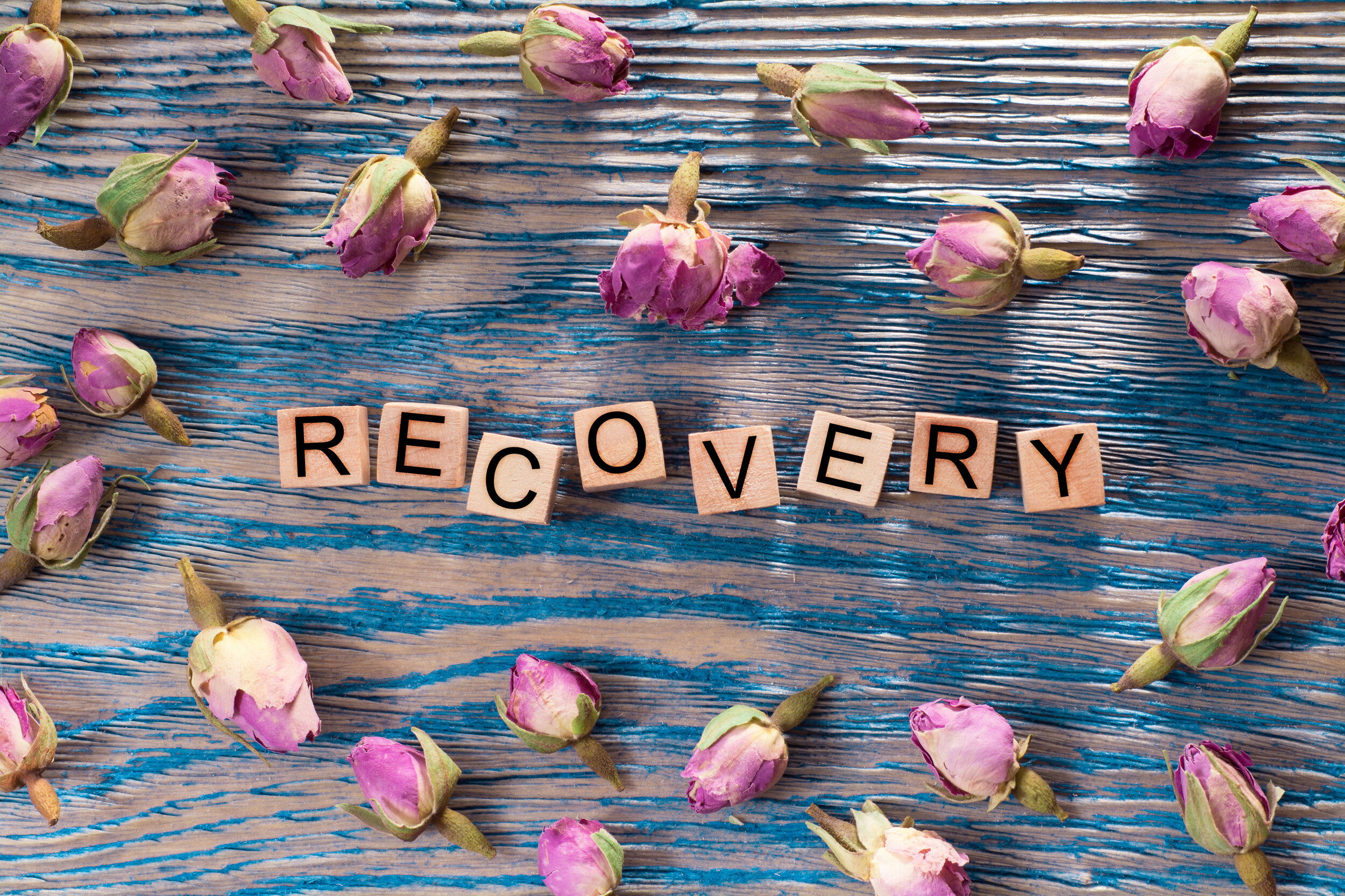
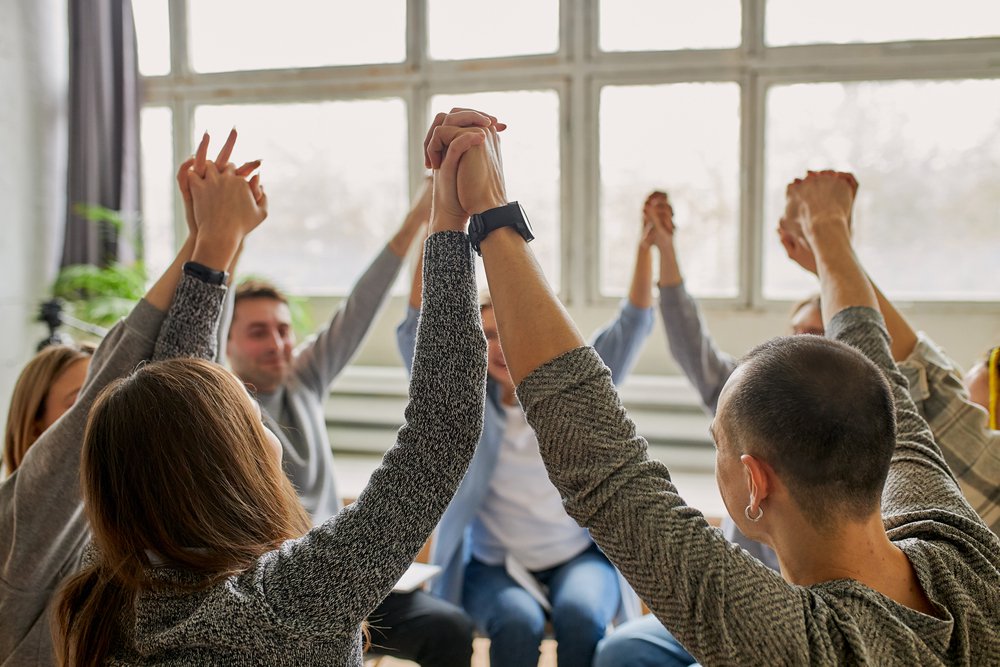




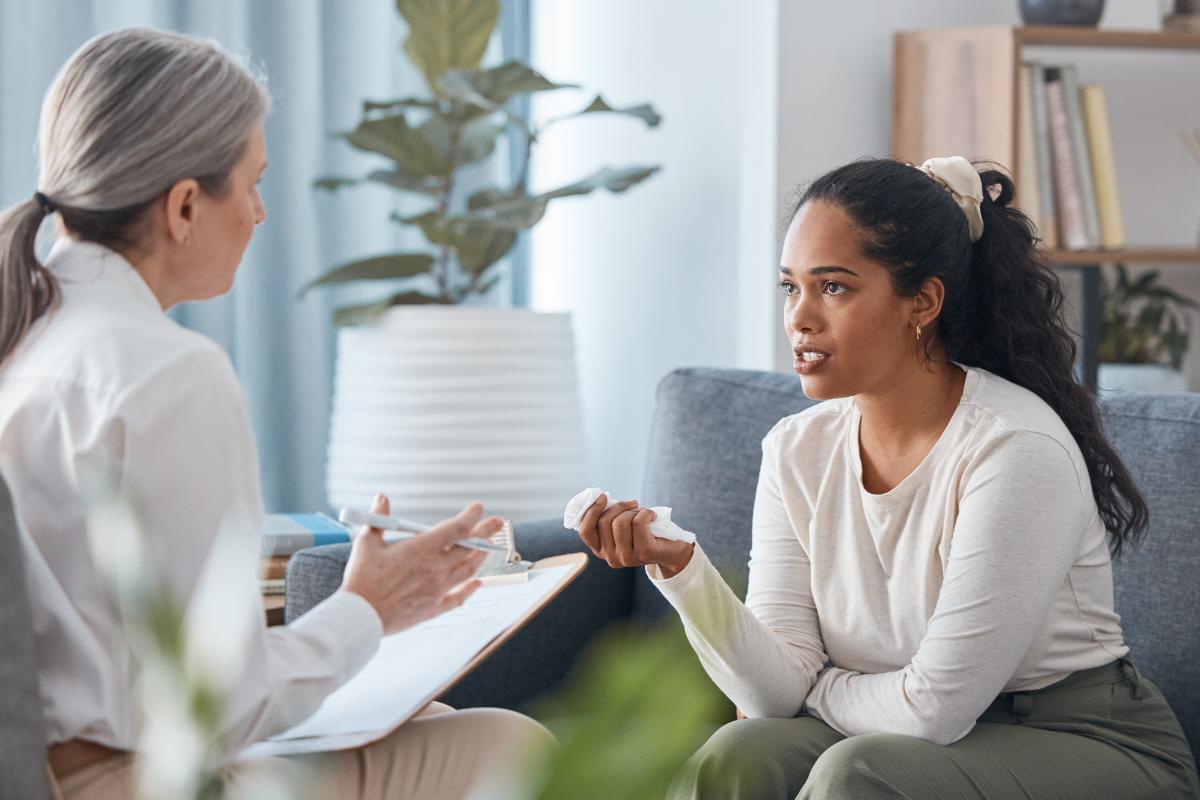

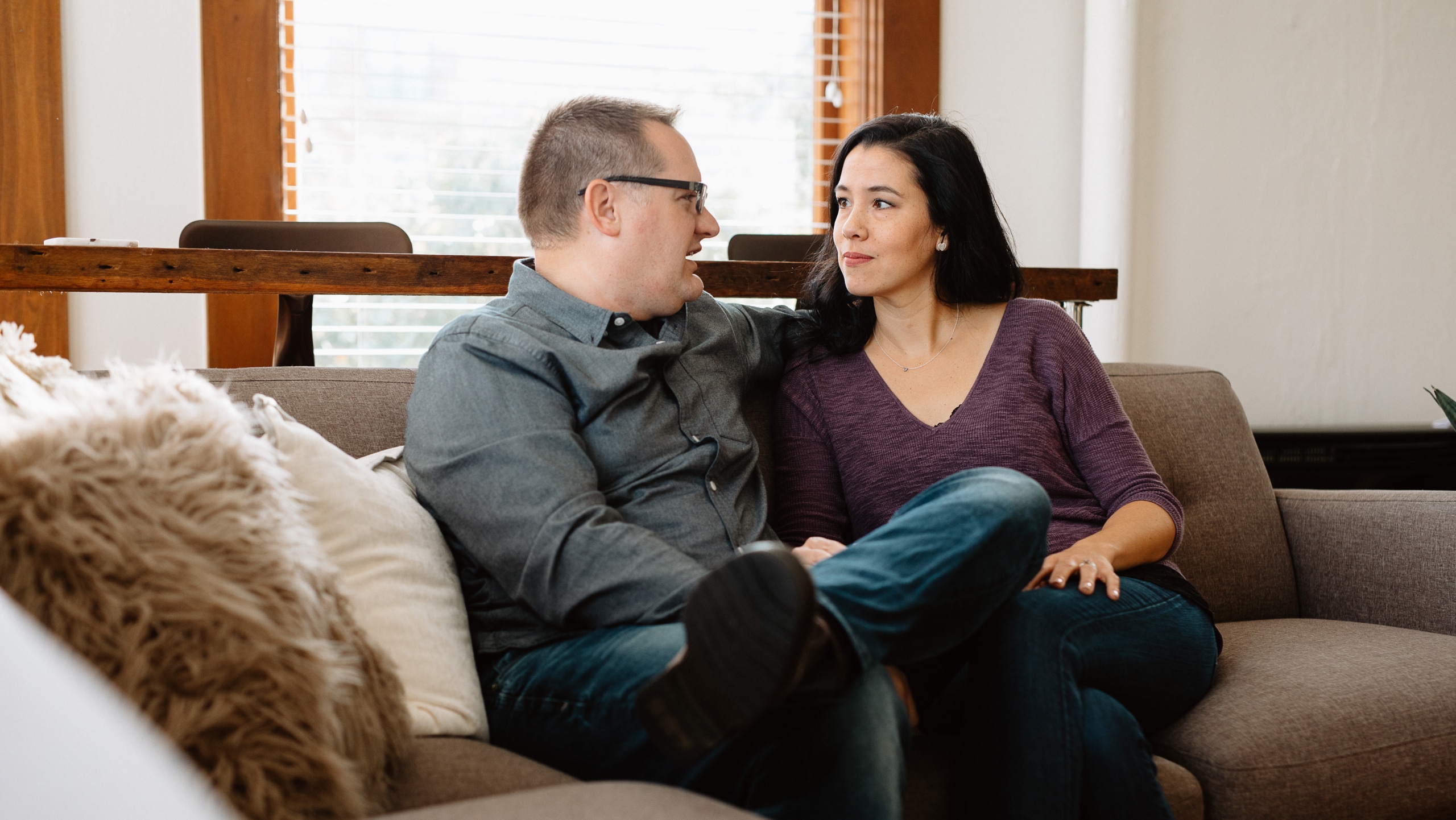
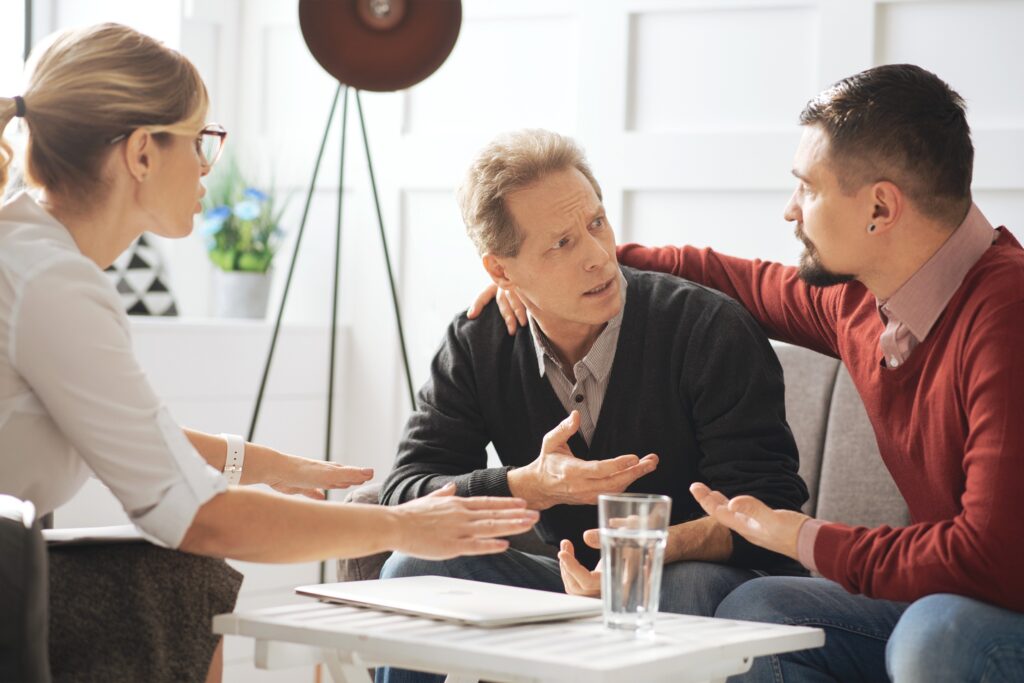
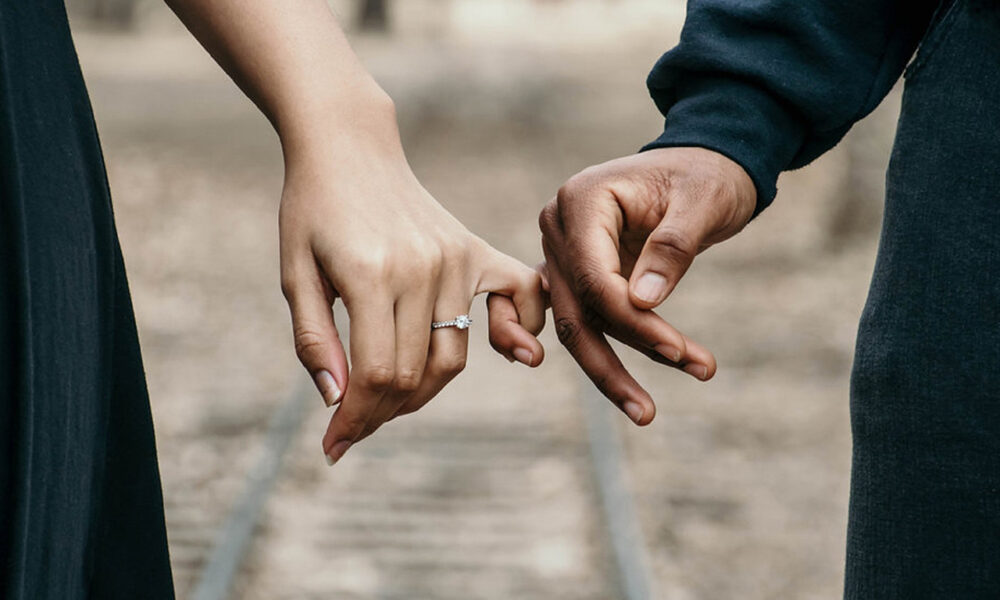
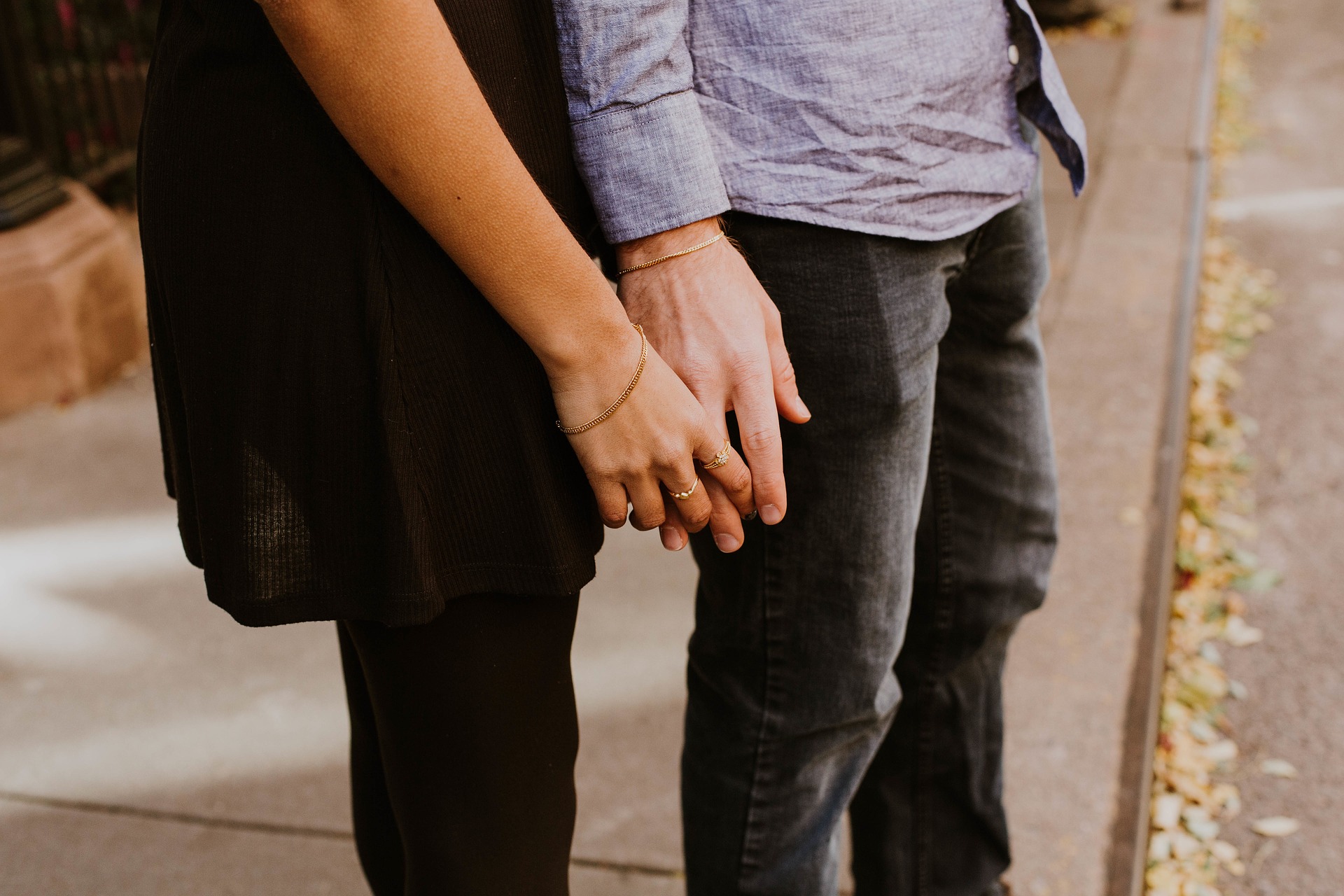


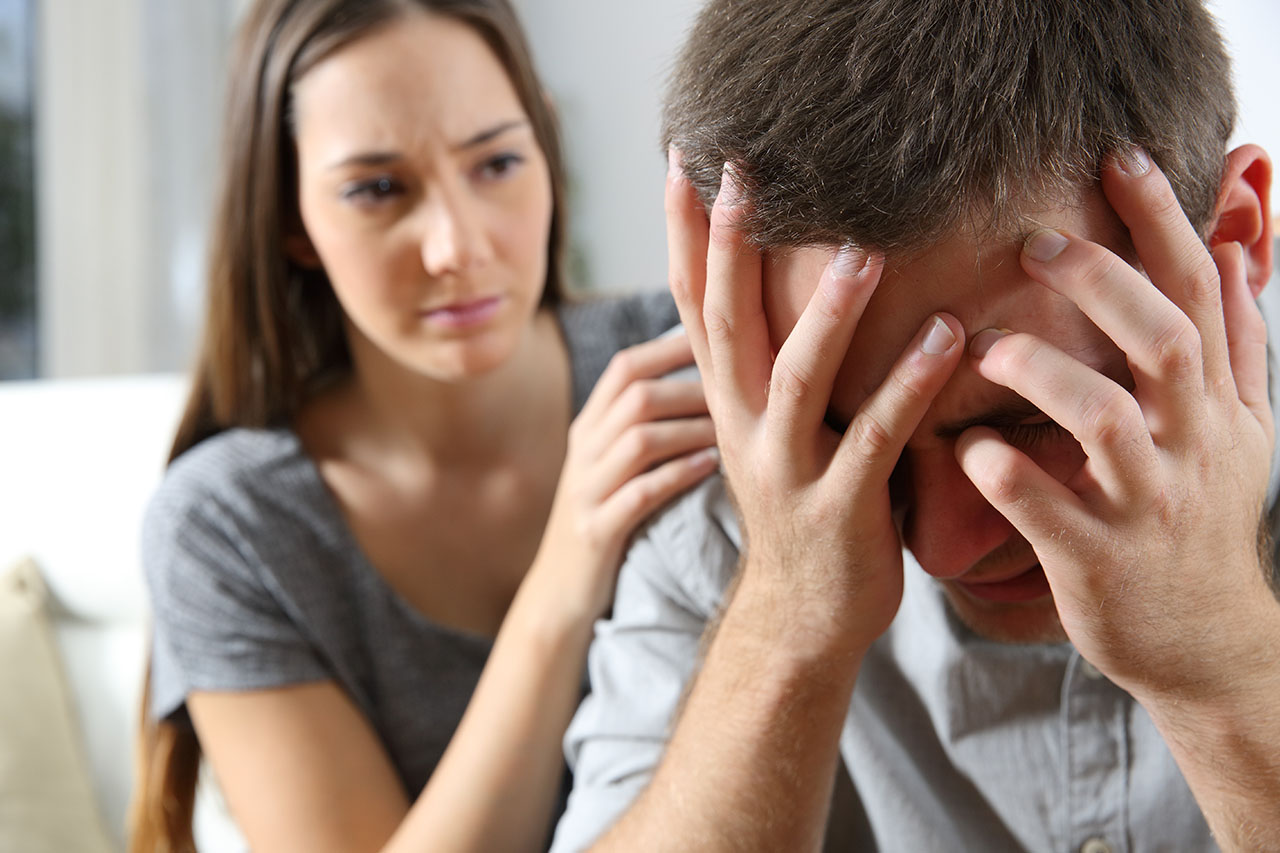
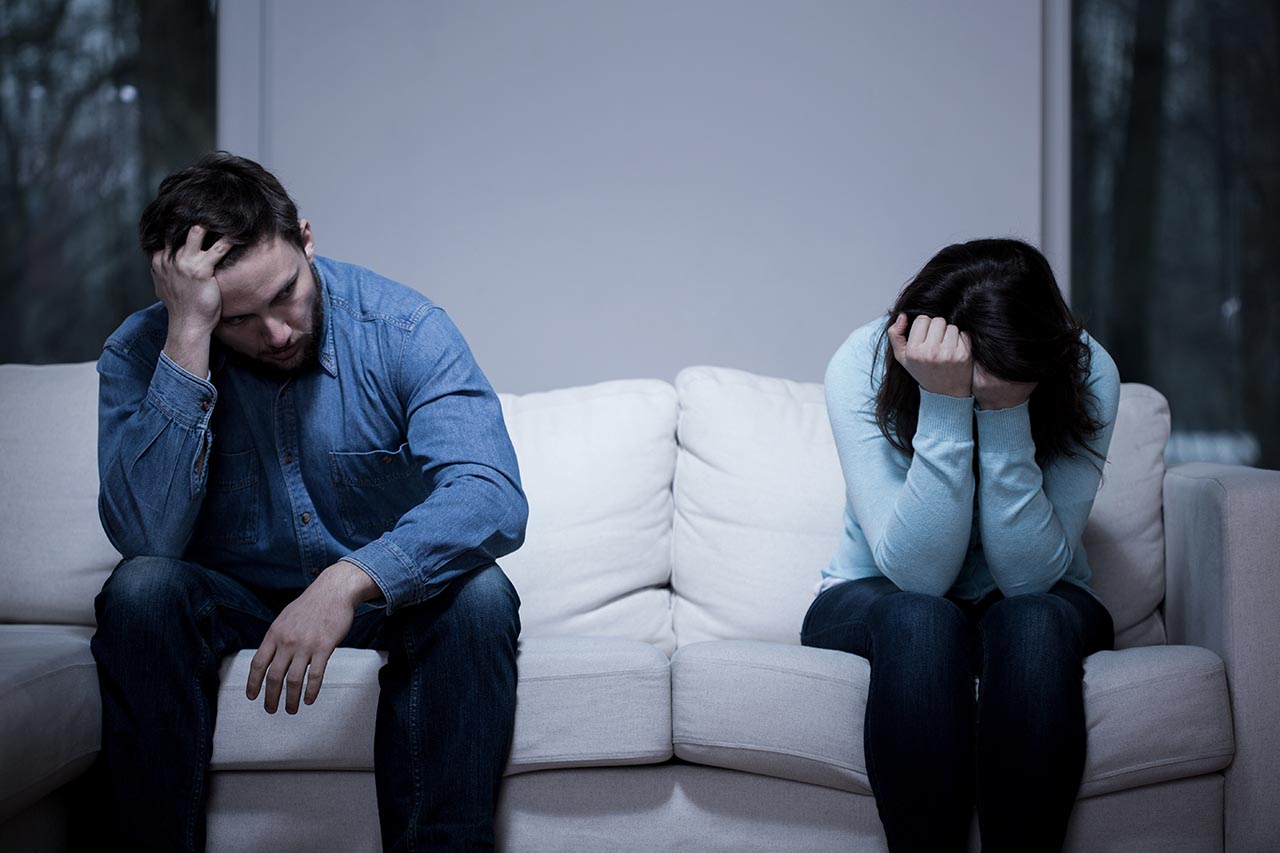
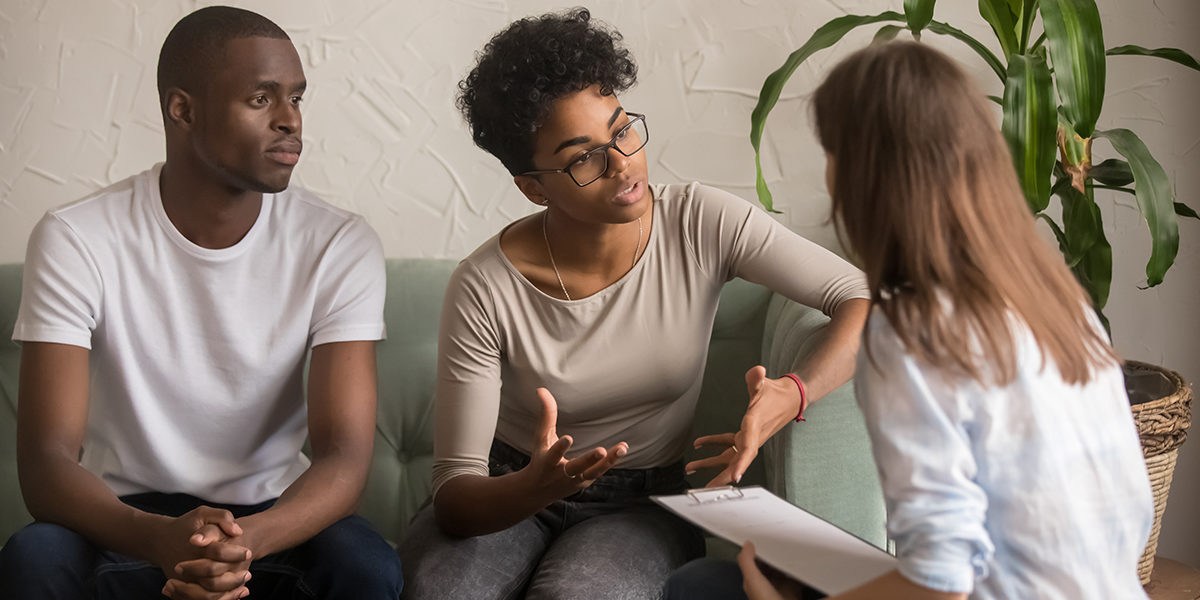
Recent Comments